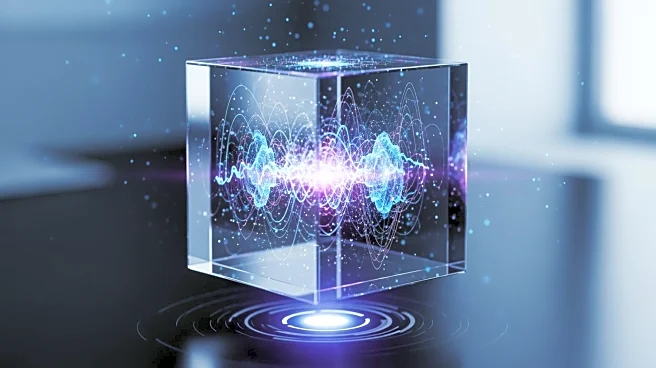What is the story about?
What's Happening?
AI chatbots, such as ChatGPT, are increasingly being perceived as possessing human-like personalities, despite being statistical text generators. This misconception arises from the way these systems generate responses based on patterns in training data, leading users to attribute fixed beliefs and personalities to them. The lack of a consistent identity or memory in AI chatbots means they cannot be held accountable for their outputs, which can lead to misunderstandings and potential harm. The illusion of personhood in AI systems poses philosophical and practical challenges, as users engage with them as if they were interacting with a real person.
Why It's Important?
The perception of AI chatbots as having human-like personalities has significant implications for how individuals interact with technology. This illusion can lead to misplaced trust and reliance on AI-generated information, which may not always be accurate or reliable. The lack of accountability in AI systems raises ethical concerns, particularly when they are used in sensitive contexts. Understanding the limitations and nature of AI chatbots is crucial for users to navigate their interactions with technology effectively and responsibly.

















